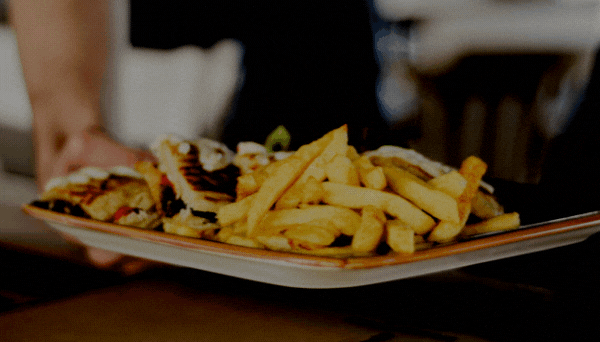A Quick Look at the Challenges in Florida’s Hotel and Hospitality Foodservice Scene
There's a lot of talk about how millennials strongly value experiences over things, but as it turns out, it's not just them. An overwhelming 74% of all Americans prioritize experiences over material items.
This phenomenon is especially evident in the travel industry, but it's had a substantial impact on other areas as well. In a world where six people check into an Airbnb rental every second, hotels have had to pull out all the stops to keep up. For those who want to do more than just keep up, it's all about finding ways to be memorable. This is the "experience economy" and guests want, well, experiences.
To that point, in a recent study 1 in 3 Americans said "hotels with great restaurants" are more memorable than those without. Hotel restaurants and bars are gathering places where people can connect over a shared experience. Revamping food and beverage programs should be the starting point for hotels looking to elevate that guest experience.
Here's a look at some of the trends in the hospitality foodservice industry that are helping hotels do exactly that.
Alternative is the new mainstream
Dietary needs and preferences are becoming more commonplace. In the annual Kimpton Hotels & Restaurants Culinary & Cocktail Trends report, over 30% of chefs surveyed said having just one or two alternative-diet menu options is no longer enough. Guests aren't satisfied with a salad or veggie burger, and instead are looking for dishes that are both creative and delicious. With items such as dairy-based cheese and even vegan seafood available today, hotels must prioritize updating and expanding their menus.
Sustainability
The focus on sustainability isn't going anywhere any time soon. More and more, guests want to see sustainably-sourced ingredients and environmentally-friendly practices being used. According to the Natural Resources Defense Council, as much as 40% of food in the U.S. never gets eaten. Hotels can significantly reduce their carbon footprint by changing the way they dispose of their food waste. Consider following the example Austin, Texas, has set by requiring all restaurants to compost or donate excess food scraps.
Locally-focused
Going hand in hand with the sustainability initiative, people are prioritizing their local community. Hotels are moving away from onsite chain restaurants and increasingly focusing on local flavors and inspirations. This could mean bringing in a restaurant concept with strong community roots or collaborating with a chef to create bespoke menu items using locally-sourced ingredients. Local wines and beers are also taking up more real estate on restaurant and bar menus.
Fresh is best
Today's hotel guests are constantly on-the-go. They also want unrestricted access to fresh foods. To cater to this rising demand, hotels are implementing pre-made "grab and go" concepts or onsite convenience markets with fresh food options. Hilton Garden Inn was one of the first hotel brands to implement a 24/7 grab-and-go counter in all of its properties. It's a natural fit, as hotels with full-service restaurants already have the supplies and equipment on hand.
Purpose-driven partnerships
Touching on both the sustainability and locally-focused trends, hotel restaurants are increasingly partnering with local causes. San Francisco's Bluestem Brasserie started an annual "Bake the World a Better Place" event in 2018 to benefit Foodwise Kids, a program that teaches students sustainable and healthy eating habits.
A community initiative doesn't have to be a one-time event, though. Phoenix-area restaurants sell locally-made bottles of water and then donate a percentage of the sales to local non-profit organizations. In 2018, one restaurant concept donated $10,000 to the Phoenix Children's Hospital as a result of the program.




